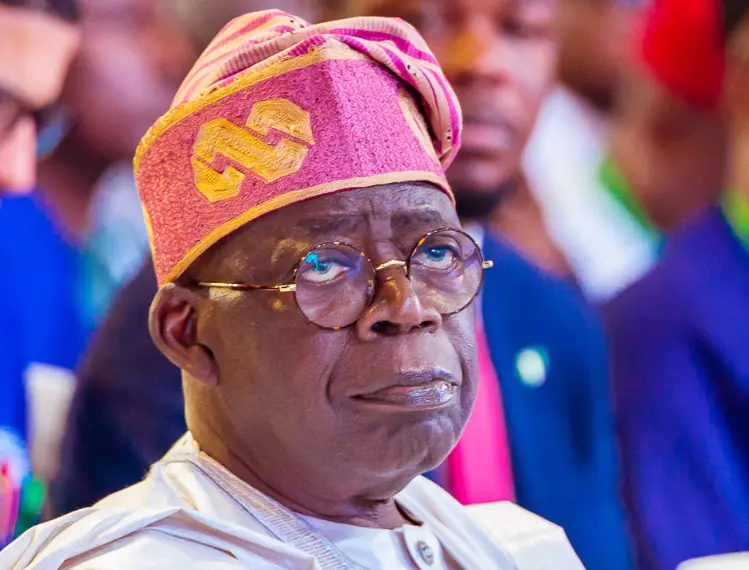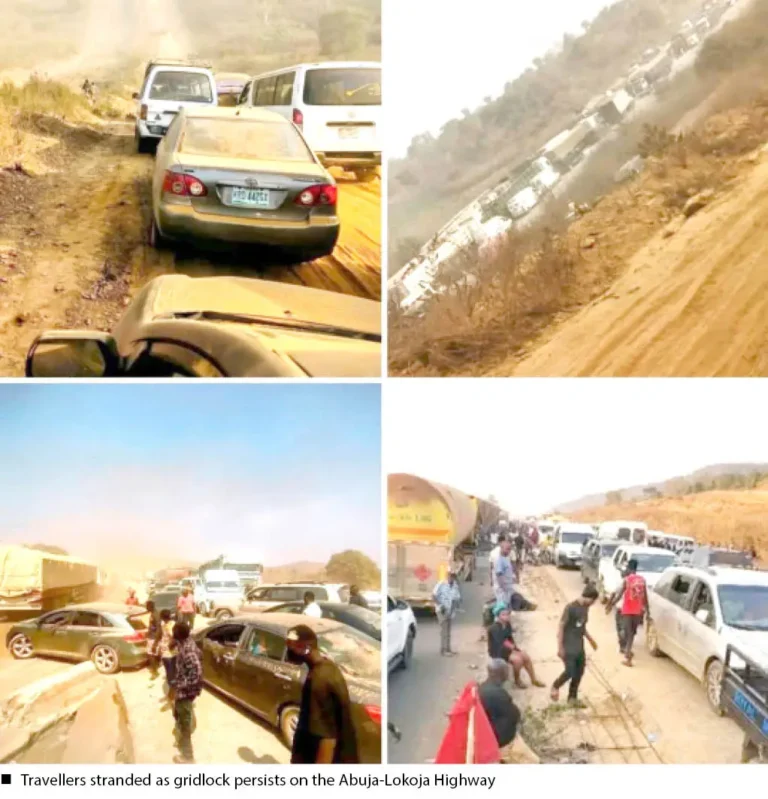Nigeria is not certain to see a serious financial commitment from the government towards the expansion of its largely inadequate infrastructures in 2024, PwC said in its Nigeria Economic Outlook 2024 report issued on Thursday.
The government will also struggle with the maintenance of the few infrastructures that exist as it stakes much hope on other funding sources rather than financing projects from its purse.
“Infrastructure funding may remain insufficient in 2024,” PwC said in its report.
“The allocated infrastructure spending budget for 2024 is ₦1.32 trillion, falling short of both the World Bank’s suggested 70% infrastructure-to-GDP benchmark (currently at 30%).”
Weighed down by years of stifled growth, public infrastructures in Nigeria are dysfunctional at the best of times as the availability of such facilities lags behind a rapidly growing population, the largest on the continent, causing them to age ahead of their time.
Nigeria, with 213.4 million people, owns 195,000 kilometres of road, according to the Infrastructure Concession Regulatory Commission, the watchdog agency that regulates the government’s public-private-partnership programmes.
That compares with South Africa, which runs a road network of 750,000 kilometres, whose population is less than one-third of Nigeria’s.
The deficit, coupled with low investment in rail lines that could efficiently connect key agrarian states to cities and ports, where produce could bring in strong export earnings, has denied the economy much-needed revenue and worsened post-harvest losses for farmers and traders.
A Moody’s projection in 2020 reckoned that Nigeria required sustained investment of $3 trillion over the next 30 years to bridge gaps in critical infrastructures that will put the economy on a sound developmental footing.
Wale Edun, the minister of finance and coordinating minister of the economy, has affirmed that attention will shift to drawing foreign capital inflow to boost growth after rampant oil theft in the Niger Delta left the government with weaker revenue to fund its spending plan.
The government has made reasonable progress in courting international investors after a series of trips abroad and has secured commitments for projects in energy, tech, and solid minerals among others.
That said, the deals have largely excluded critical infrastructural projects, especially in the transportation sector, where connecting remote areas to towns and cities remains a pretty big impediment to commercial activities.
Limited fiscal space for public investment and difficulty attracting private investments constrain the ability to make essential infrastructure improvements,” the PWC report stated.
Share
×







